Helping Students Understand Questions
I’ve been working on evidence-based questions with some of my RtI intervention groups…. and yikes. We didn’t even get to the response-writing part when many of my students hit a roadblock. Question words. They could come up with 101 “I wonder…” questions while reading, but when faced with a higher-level thinking question, they didn’t know how to answer it. They couldn’t dissect the question. How could I expect my students to find evidence to support their answers when they didn’t even know what kind of answer they needed? Although the biggest confusion was with “why” and “how,” I decided to spend some time reviewing the question words. All of them.
Teaching Question Words
Questioning is a skill that many students struggle with. Asking questions can be challenging, but answering questions can be even more challenging. Helping students understand question words is the first step. With explicit teaching and reinforcement, students can develop mental associations (using visuals and key words) to help them make connections automatically between questions and the type of answers that go with each. So how can you help your students build mental associations?
Below is a student reference I created for my students’ reading folders. Students can use this sheet throughout the year as a quick reference for question words.
FREE Question Words Student Reference
Also, here are a few activities (below) that I use regularly for teaching question words.
Question Word Activities
Guess the Question. Read a section of text and have your students come up with a question that could be answered by that section. Students need an understanding of question words to decide which one to use for the section. This ties in many other skills, especially because students need to identify the main idea and important details before coming up with a question. They have to hunt for key words to determine what KIND of question to ask. They can ask themselves questions like, “Does the section describe the steps for a process?” “Does the section provide reasons or an explanation?” I like to use informational texts and cover up the section headings with a post-it note. The Scholastic Question & Answer Series by Melvin & Gilda Berger is great for this activity!
Question Sorts/Matching. Students match question words to visuals and key words. This can be guided or independent, timed or self-paced. My students make their own flash cards from their student-made graphic organizers. They either copy question words, key words, and visuals onto index cards, or I make copies of their graphic organizer for them to cut-out. I usually have them “speed match” the cards and try to beat their time over a few tries. My goal is for them to build QUICK connections between the key words, visuals, and the question words so that when they read questions they have to answer, they know HOW to answer it. (Looking for pre-made flash cards or a graphic organizer template? Check them out in my store here!)
Fact ↔ Question. Students turn facts into questions and questions into facts. For the questions, I have the students highlight the question word and ask themselves what kind of answer they need. They use their student reference as needed. For the facts, I have them highlight important words and think about key words as they analyze the sentence. They look for reasons, explanations, “time” words, dates, names, etc. and use the clues to come up with a question.
Question Word “I Have/Who Has.” Students love playing “I Have/Who Has.” Not only is it engaging, but it is a great way to review vocabulary and build fluency (multiplication facts, telling time, word patterns, sight words, etc.). Typically this game involves 20+ cards, but I use less than ten for this one to review the most common question words and their key words. I love to use this game as a 3-minute filler or quick warm-up activity. You can make your own game, or you can find the one I made here!
Additional Questioning Resources
- Question Word Cube (Free from Buzzing with Ms. B)
- Question Word Posters (Free from Sublime Speech)
WHOOOOOO is looking for a ready-to-use packet of materials? Check out my complete 25-page questioning packet called Questioning Owl: A Focus on Understanding & Asking Questions for more question word materials and resources!
What resources do YOU use to teach question words?
—
Happy Teaching!
**This post contains affiliate links. Click HERE to learn what that means!

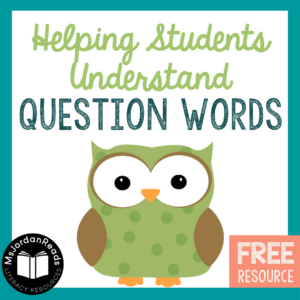
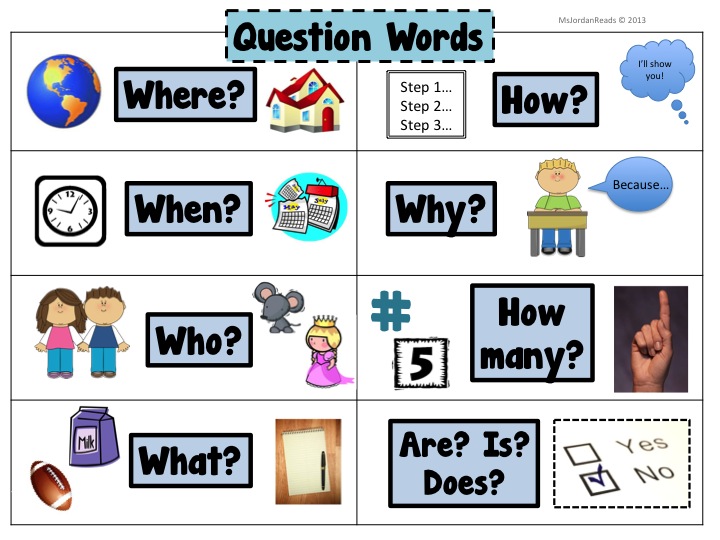
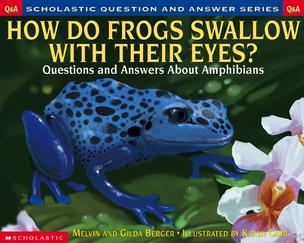
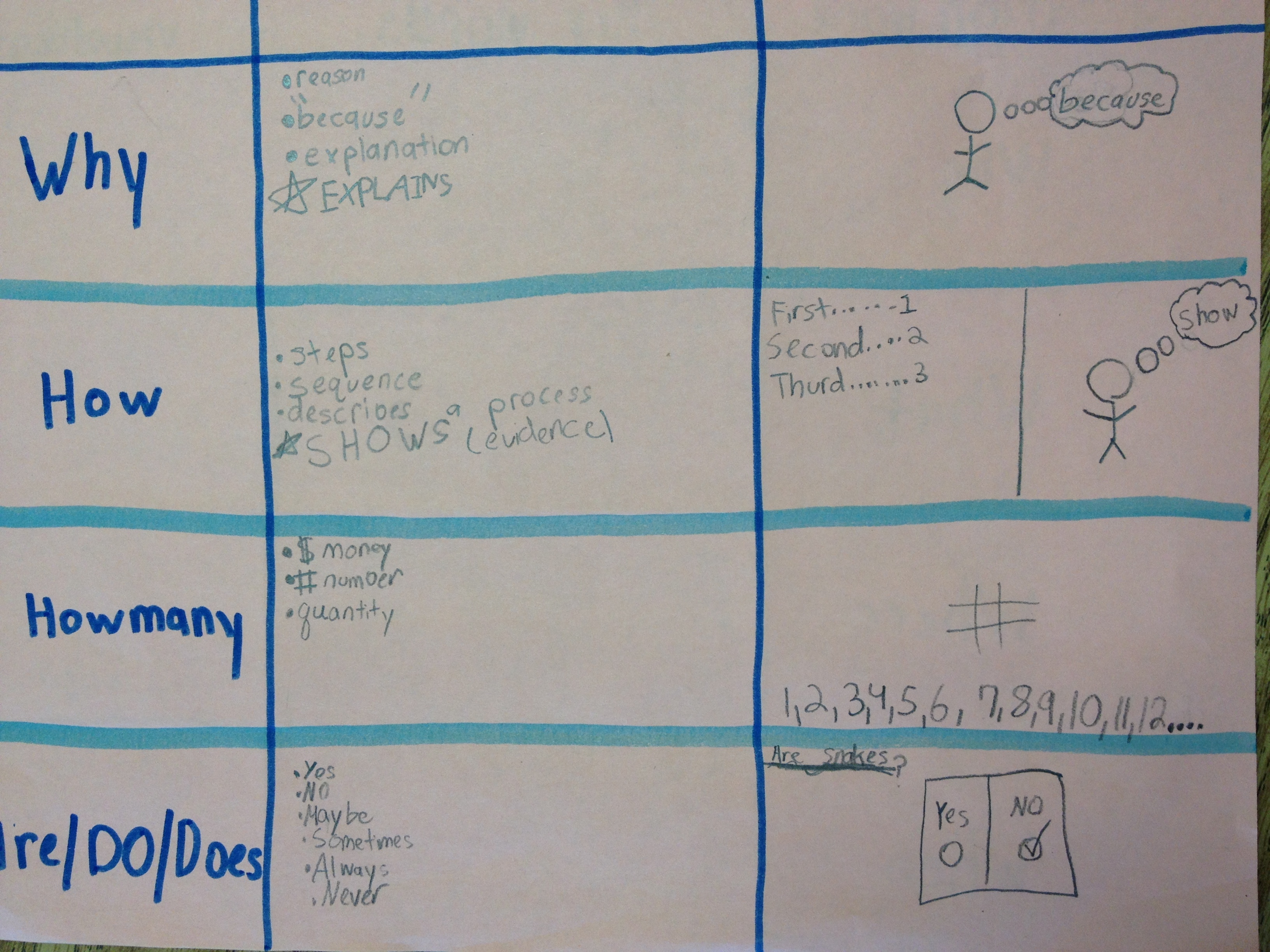
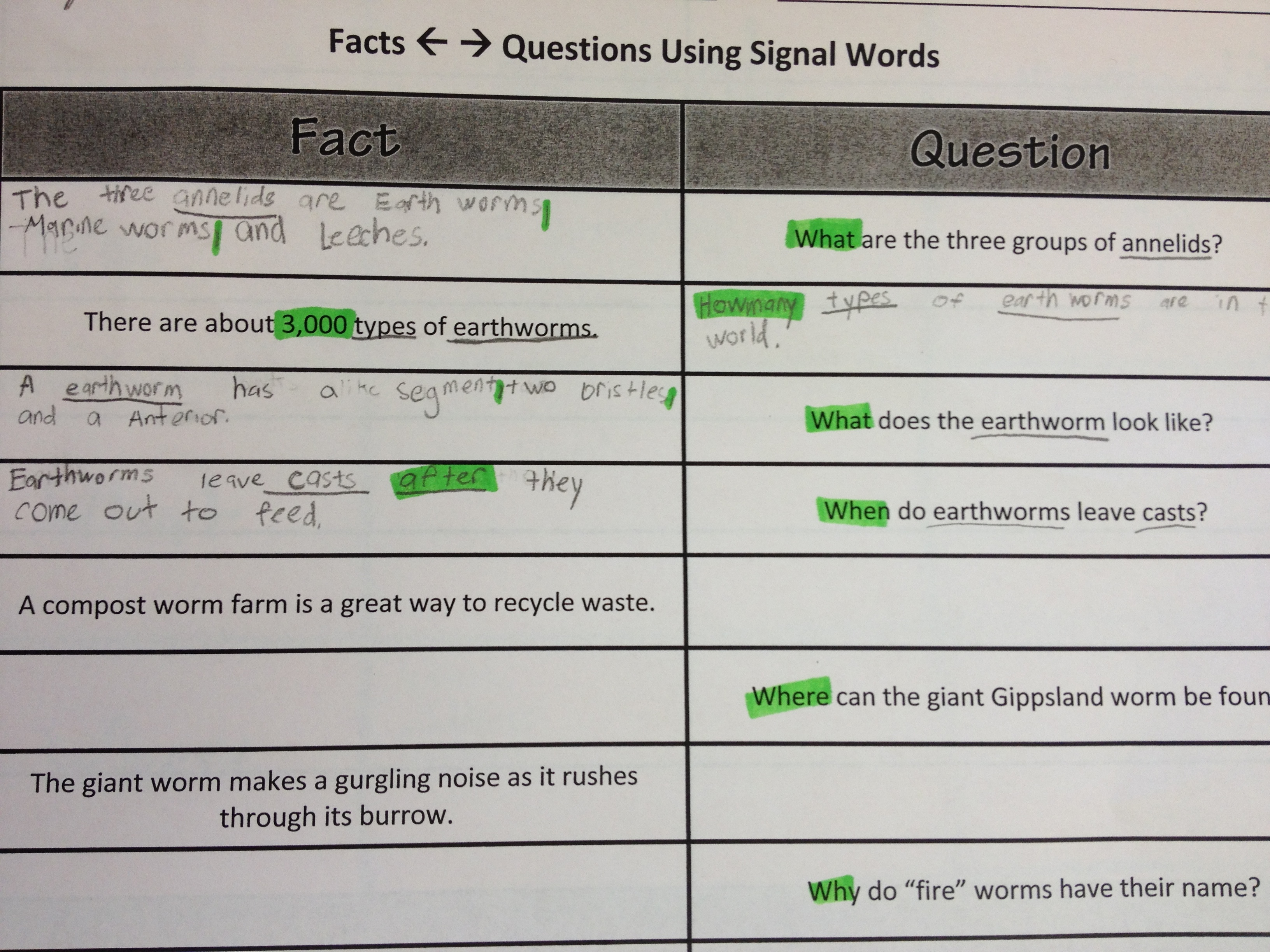
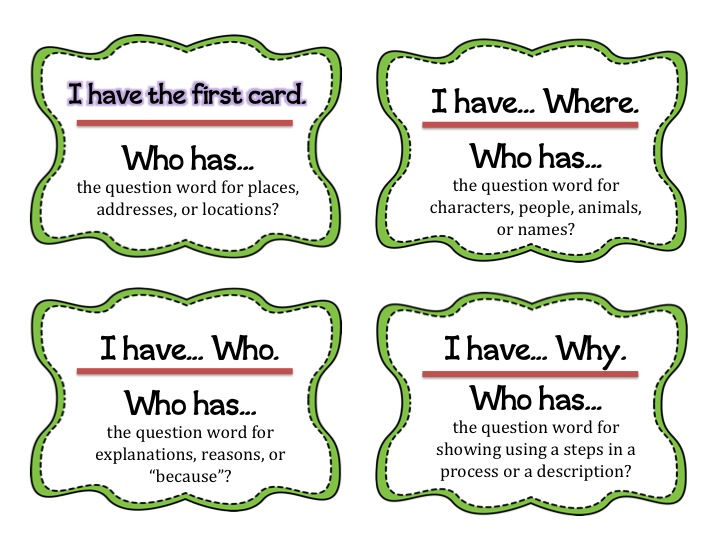
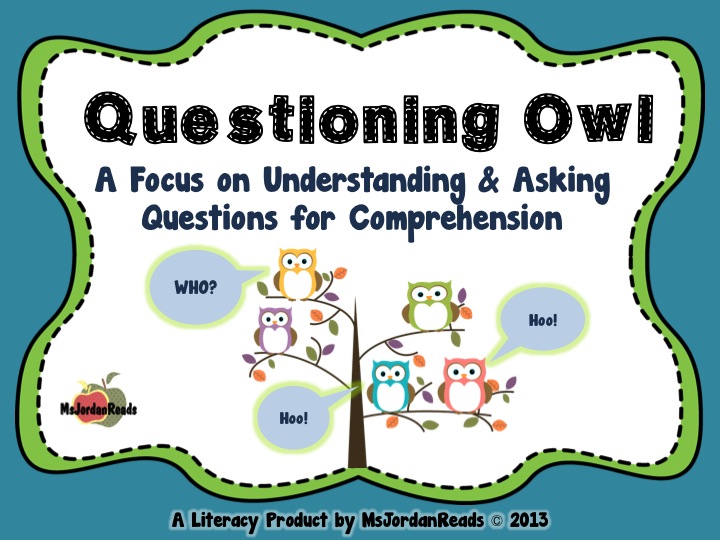

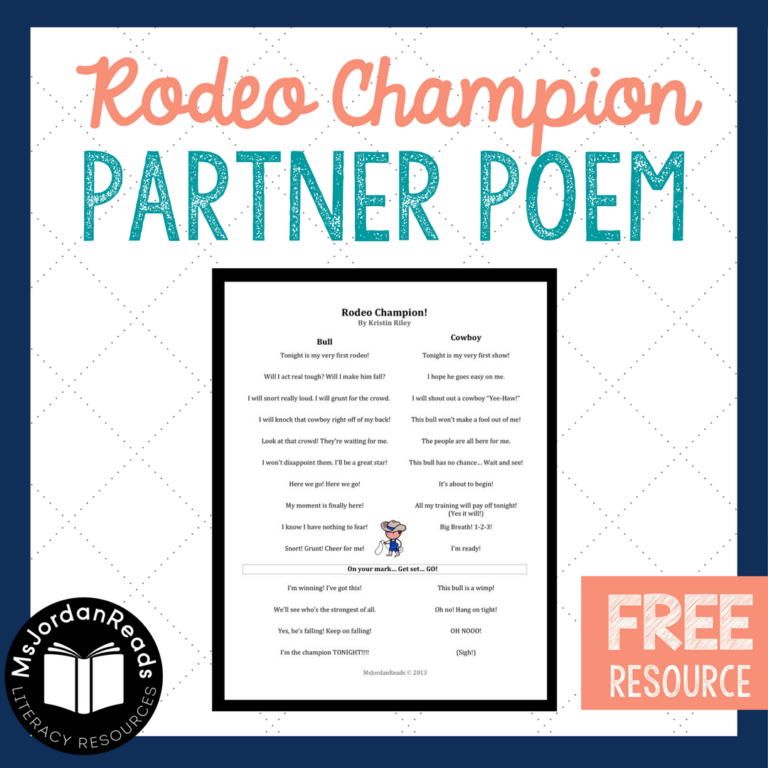
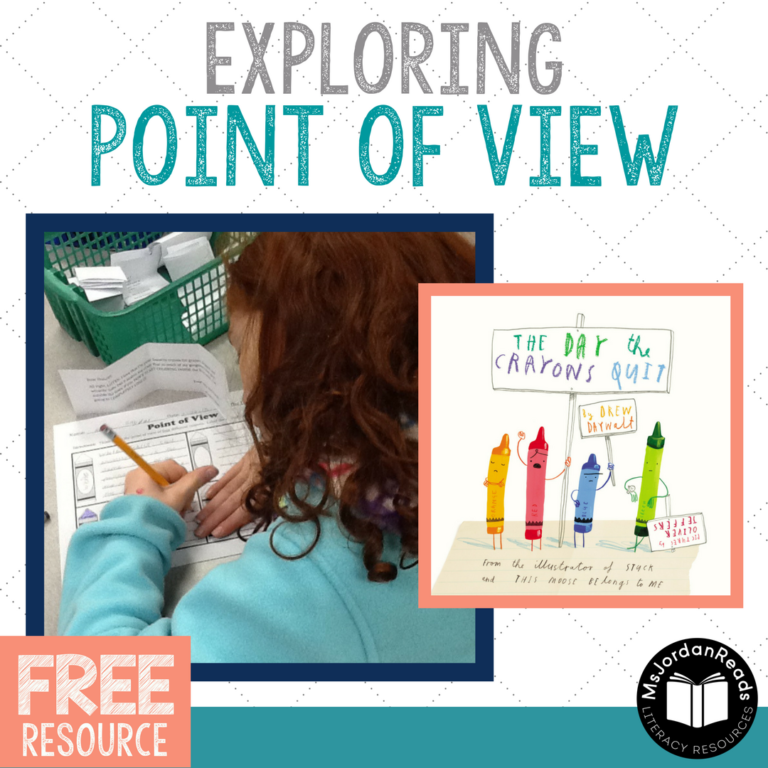
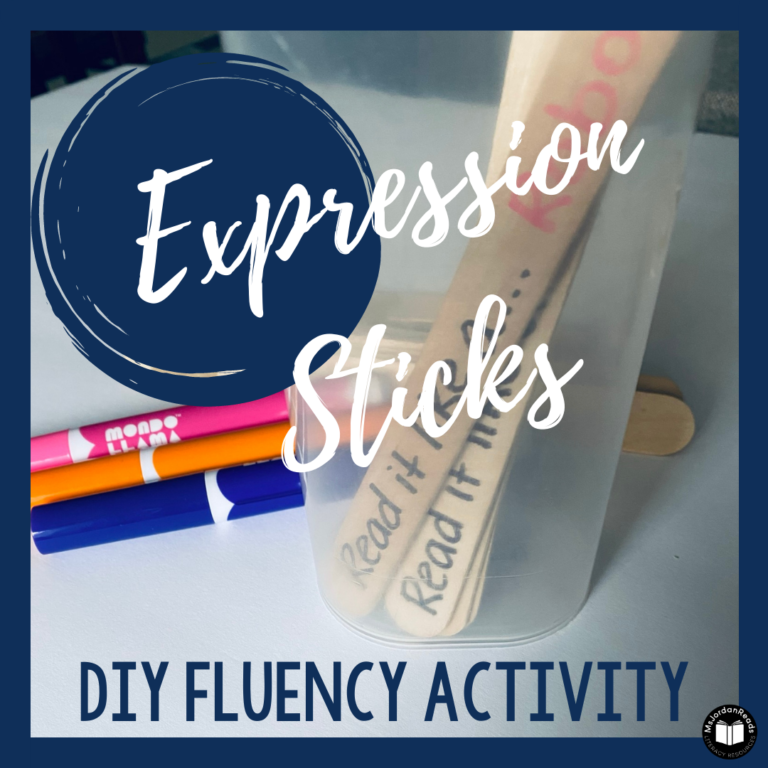
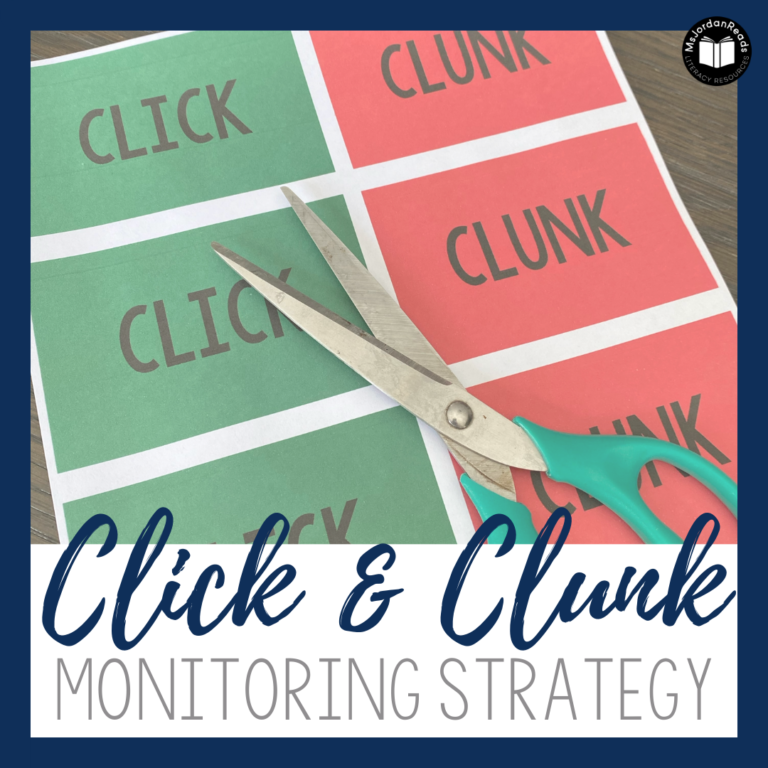
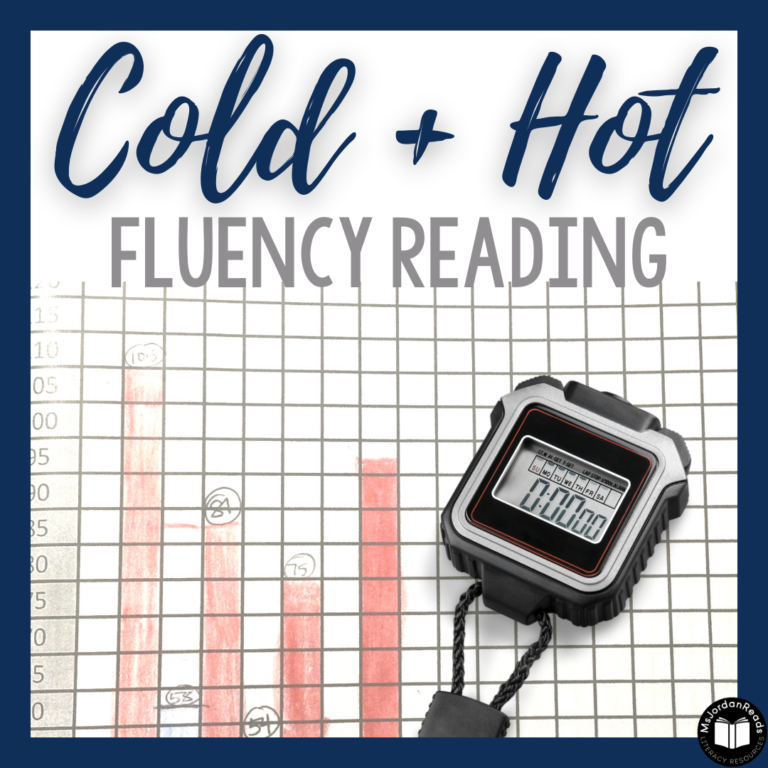
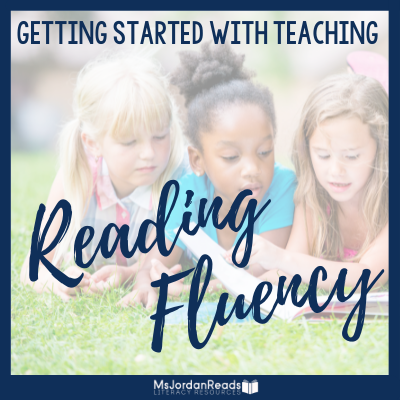
Thanks so much for sharing! I am our school’s reading coach and question words is something our younger students really struggle with! I’ll be sharing this with my teachers! Enjoy your blog posts…excited everytime a new one shows up in my inbox!
My students with hearing loss have difficulty understanding question words. I will often ask them a wh- question and I get what the Deaf community refers to as the “deaf nod.” Hopefully, these tips will give them a “eureka!” moment!